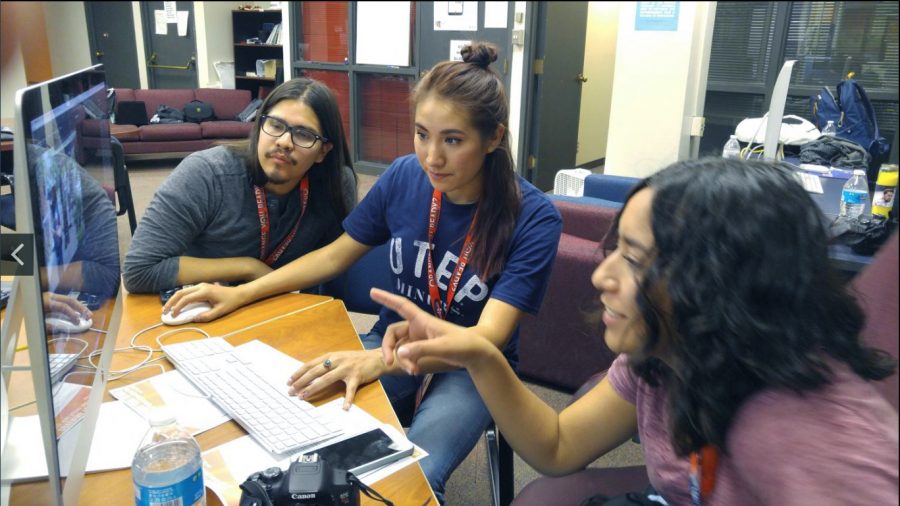Things You Have To Come To Grips With
You are going to get paid like shit. Depending on what subset of the industry you go into, whether it be broadcast, print or multimedia, entry-level jobs do not pay well. If you can’t accept the fact that you will struggle financially, this is not the industry for you. If you think a career in journalism equates to a monetary success, then God bless your sweet naive soul.
Prepare for the worst. Depending on where you start, job security is not always high. At print publications, transitioning to online based publications, there is no job security. You can expect to be laid off, especially if you do not offer something valuable. This might sound pessimistic, but you should not consider yourself safe at any time.
Do not expect any pats on the back or congratulatory messages from anyone. Journalism at its core is a public service. People who serve others do not receive a lot of external validation. You will become jaded really quick if you do not find a real purpose to what you are doing. The only way you will survive with your drive and ambition intact is through internal validation. If you know your worth and have a purpose, you will be fine.
Do Not Be A One Trick Pony
I mentioned the different subsets of journalism, but the industry and its positions are becoming consolidated. You have to be able to do everything now. You can’t just be a writer, a photographer, videographer or TV reporter.
The demands of a journalist today are somewhat ridiculous, but it’s the reality of the situation. Hopefully, your journalism program or J-School provides a well-rounded education, giving you the tools to become a successful modern journalist.
The more skilled and well rounded you are, the better your chances are at landing and keeping a job. If you have a solid foundation in one type of storytelling medium, with other ancillary skill sets, you will make it.
Prioritize Your Time In College Correctly
You should not disregard the benefits of boasting a good GPA. But your main focus in college should not revolve around school work. You should take all that you can learn from your core and major classes while gaining practical work experience.
Create contacts and find work in and around your university/city that relates to the field. When it comes time to apply for out-of-town internships or post-grad jobs, your work experience is the be all end all.
Your resume better have something worthwhile attached to it. Your 3.8 GPA does not mean anything if you don’t have clips that show your worth. Almost as important, are your references. And those references better be related to the field. That letter of recommendation from your Jazz history professor is not going to cut it.
Tread Lightly On Grad School
The pros of grad school outweigh the cons. You do not need a master’s degree to work in the industry. Do not let anyone tell you otherwise. Once again, this goes back to skill set and work experience. If you are well rounded and have the clips, you will be fine.
If you would like to teach or acquire a more refined skill set, that’s a different story, you need that degree.
But going further into debt for a degree you do not need is not the way to go. If you don’t have practical reasons for getting a master’s degree, you are wasting your time.
Ideals You Will Have To Concede
Clicks, web traffic and even shorter deadlines. Those are things a journalist has to consider when they produce content today. The industry today heavily challenges ethics and integrity.
Click-bait headlines, superfluous storylines, SEO, and web traffic should not be an aspect of journalist’s work. But they are.
Journalism is not entertainment, but sadly, that is where the industry is going. If you can reconcile that depressing shift, more power to you.












